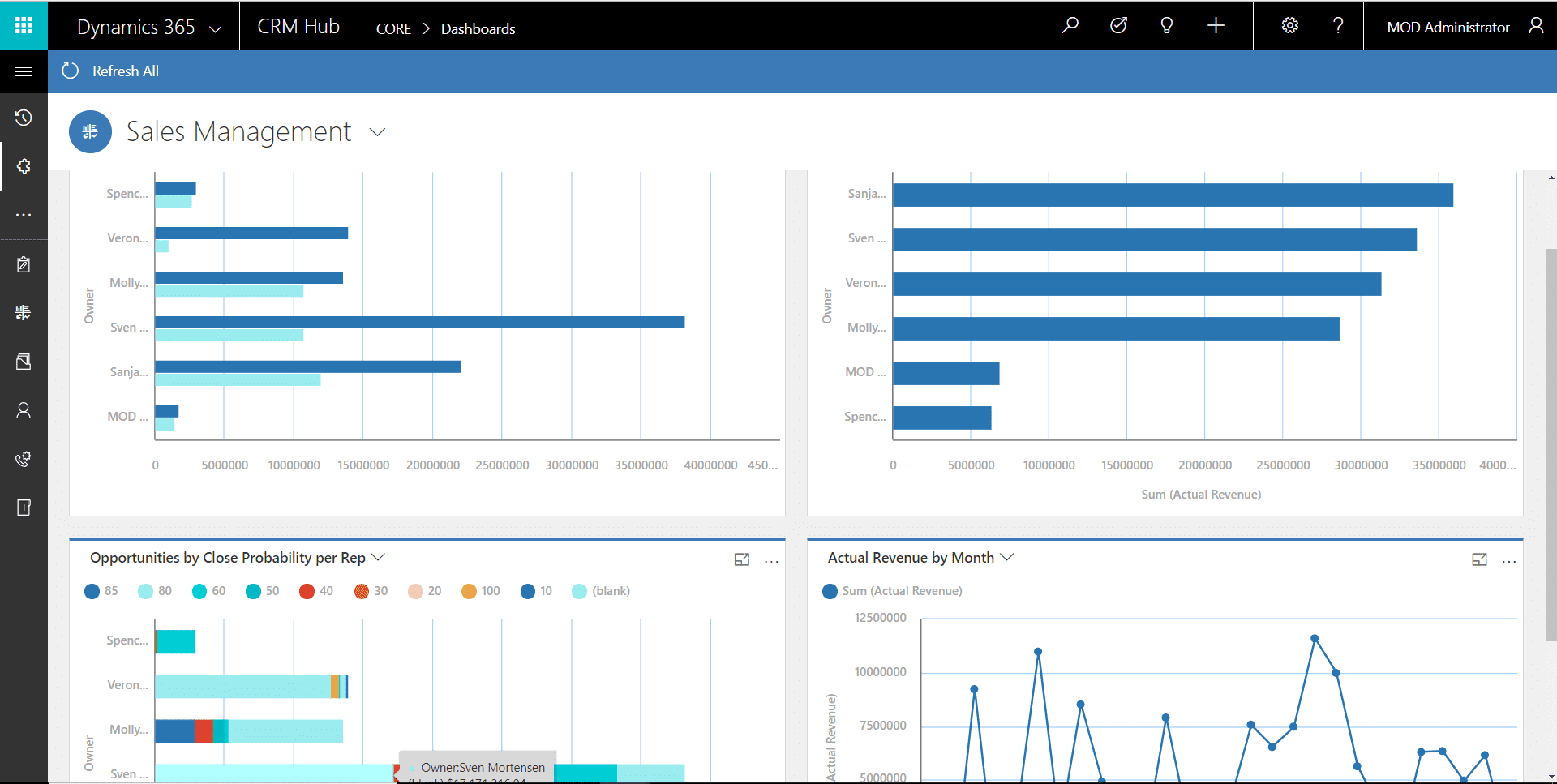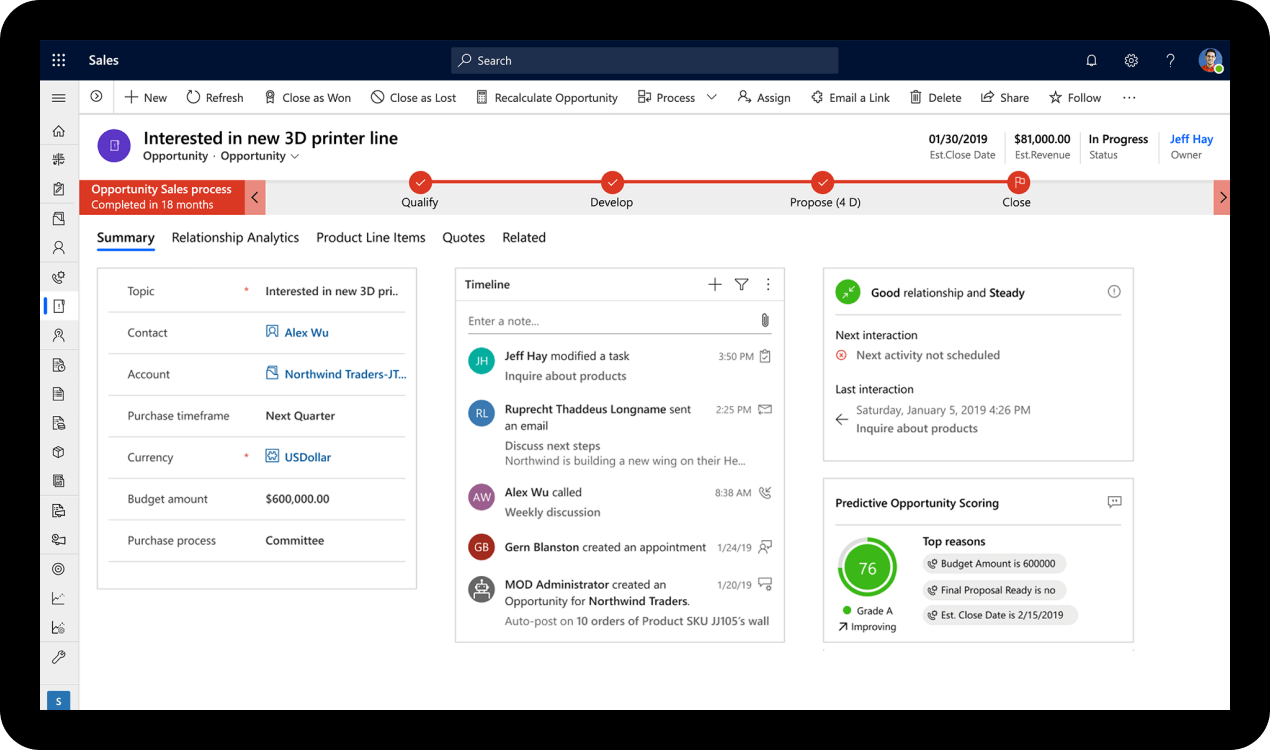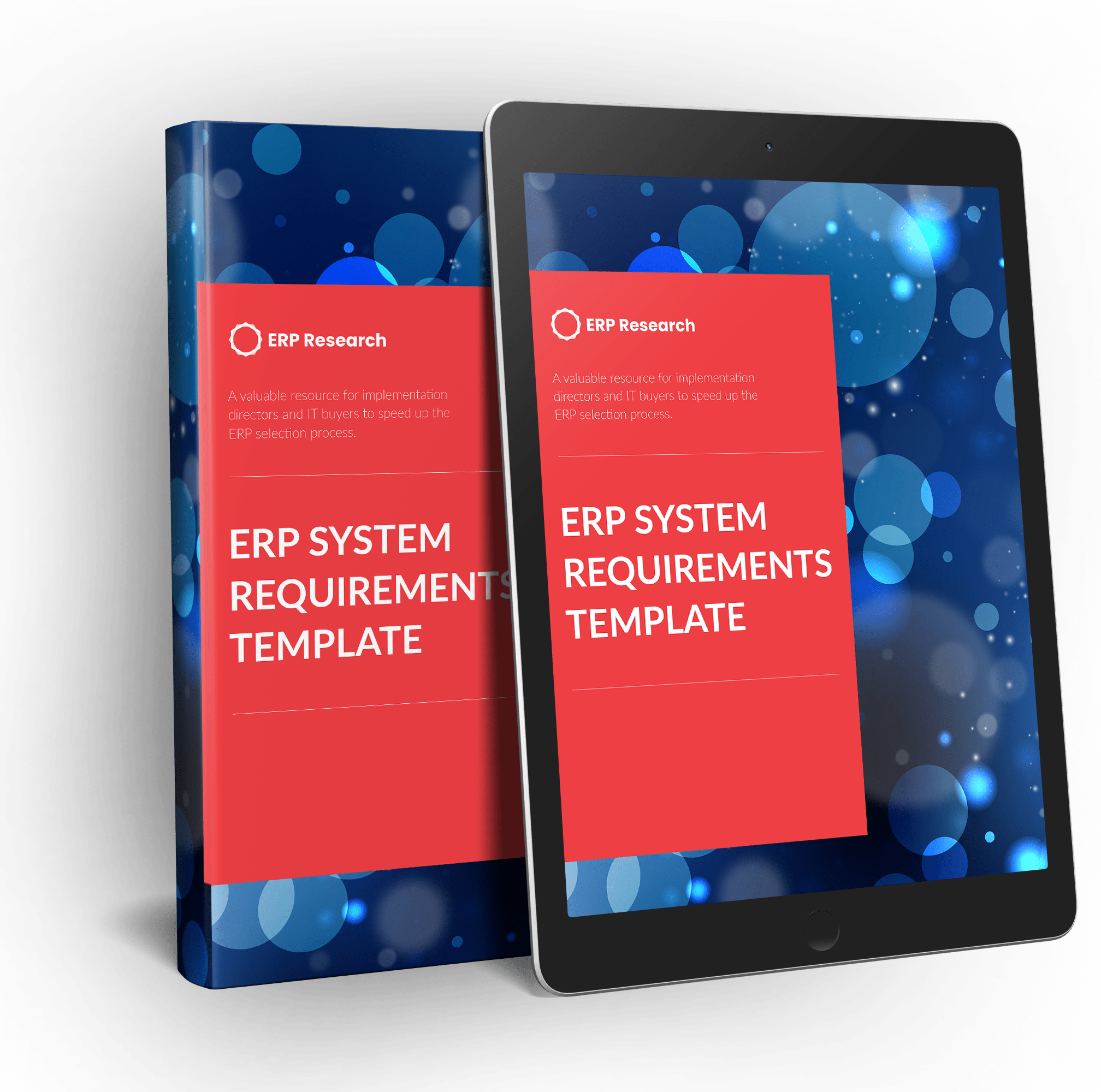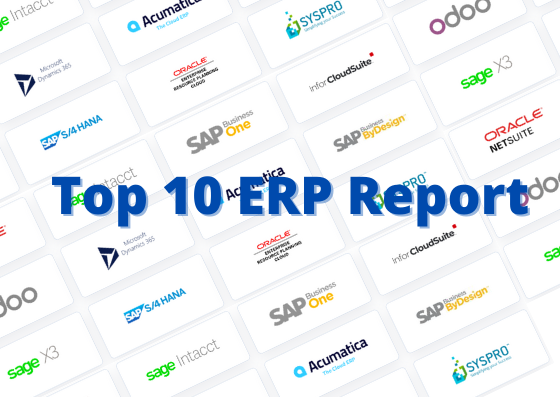
Microsoft Dynamics 365 Procurement & Purchasing Module
Microsoft Dynamics 365 Procurement & Purchasing Overview
Microsoft Dynamics 365 offers a comprehensive suite of tools designed to streamline and automate procurement and purchasing activities. These capabilities span from purchase order management, allowing businesses to generate, track, and manage purchase orders, to vendor management, where companies can maintain and evaluate all vendor data, relationships, and performance. The software supports both direct and indirect procurement, effectively handling the purchasing of goods for production and operational needs. It further enhances inventory control with real-time tracking across multiple locations and automated reordering based on set parameters.
Dynamics 365 also ensures accuracy in invoice matching, comparing invoices to purchase orders and received goods, thereby mitigating the risk of errors or fraudulent activity. Expense tracking, contract management, robust reporting, analytics, and compliance management form additional key features, offering holistic visibility and control over procurement-related expenses and contractual obligations, insightful data interpretation, and adherence to industry regulations and standards. The high degree of integration capabilities with other internal and external systems further optimizes the procurement process, reinforcing Dynamics 365 as a robust, versatile solution for procurement and purchasing management.
- Purchase Order Management: Dynamics 365 allows businesses to simplify and automate their purchase order processes. This includes the ability to customize purchase order formats and approval workflows to fit business requirements. The system automatically routes purchase orders for review and approval based on predefined criteria. Once approved, the purchase orders can be sent directly to vendors electronically, reducing the time to place orders. The system can also automatically generate purchase orders based on min/max inventory levels or reorder points, improving efficiency.
- Vendor Management: Dynamics 365 provides a centralized database for all vendor information. It includes comprehensive contact management features, so all interactions with a vendor are recorded and easily accessible. This can include communications, transactions, and performance data. The system also allows businesses to rate vendors based on performance factors, such as delivery time, product quality, and pricing. These ratings can be used to negotiate better contracts and identify the best vendors.
- Direct and Indirect Procurement: Dynamics 365 supports the processes associated with direct and indirect procurement. For direct procurement, the system can manage the purchasing of raw materials for production, linking procurement with production planning, and inventory control. For indirect procurement, the system can manage the purchasing of non-production related goods and services, such as office supplies or IT services.
- Inventory Management: Dynamics 365 provides real-time inventory tracking and control features. It can monitor stock levels across multiple warehouses and locations. The system supports different inventory valuation methods like FIFO, LIFO, Average Cost, etc. There are also advanced features like serialized inventory tracking and lot tracking, allowing businesses to maintain better control over their inventory.
- Invoice Matching: Dynamics 365 automatically matches invoices with purchase orders and receipt notes to verify that the goods received match what was ordered and invoiced. If discrepancies are found, the system can alert the user to take appropriate action, reducing the risk of fraud or error.
- Expense Management: Dynamics 365 tracks all costs associated with procurement, including product cost, shipping fees, taxes, and additional charges. It can allocate these costs to appropriate general ledger accounts, giving businesses a clear picture of their procurement-related expenses.
- Contract Management: Dynamics 365 can manage the full lifecycle of contracts with vendors. This includes contract creation, negotiation, execution, renewal, and termination. The system also maintains a record of all contracts and associated documentation, making it easier to track and manage contractual obligations.
- Integration Capabilities: Dynamics 365 is designed to integrate with other systems both within and outside of the Microsoft ecosystem. For example, it can integrate with Microsoft Power BI for advanced analytics, Microsoft Teams for collaboration, or external systems like eCommerce platforms, CRM systems, etc.
- Reporting and Analytics: Dynamics 365 provides powerful reporting and analytics capabilities. The system includes pre-built reports for common procurement metrics and allows users to create custom reports as needed. Additionally, Dynamics 365 can integrate with Microsoft Power BI to provide advanced data visualization and predictive analytics capabilities.
- Compliance Management: Dynamics 365 helps ensure compliance with various procurement regulations and standards. This includes features like user access controls, audit trails, and automated checks against procurement policies. The system can alert businesses to potential compliance issues before they become a problem.





